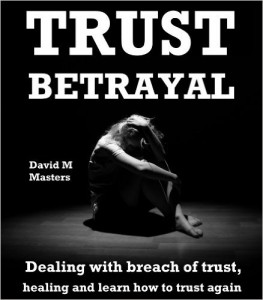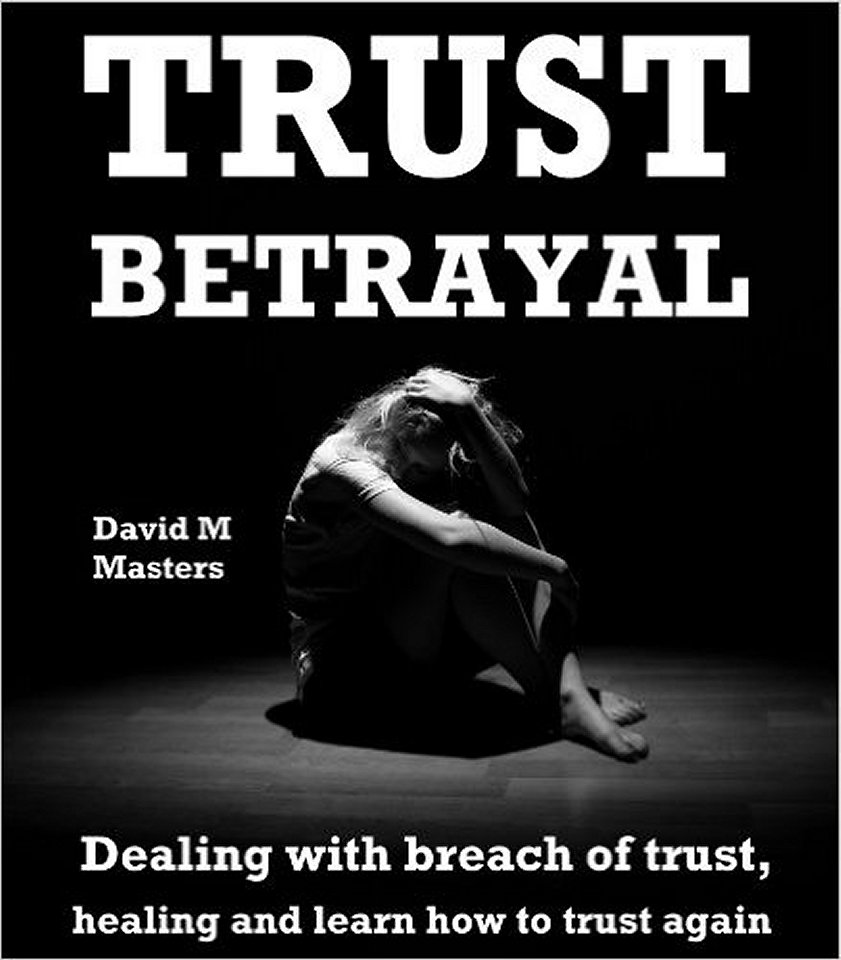You’ve put your trust in someone because you’re an honest, open person. The trust that you felt for this person was at such a high level that you let your guard down, possibly were more transparent than you’ve ever been… and now, you’ve been betrayed. Right now, you can even recall a time when you’ve felt so bad like you’ve been punched in the stomach, had your throat slit, been beaten and thrown into a ditch and left for dead.
Betrayal comes in many shapes and sizes, so it’s difficult to discern what to do next, but be aware, when you’ve been stabbed in the back (so to speak) by someone you’ve trusted and you have been betrayed, it is important to get your wits about you, make healthy choices and take appropriate action in an effort to not make things any worse than they are right now.
Friend Betrayal
 When you’ve been betrayed by a friend it cuts deep, especially it was a best friend betrayal, because the closer you are to a person (as in the case of a best friend) the more vulnerable you have been. It’s likely that you’ve shared sensitive information that you entrusted to your best friend and now you’re regretting having opened up so transparently. When your best friend betrays you it’s reasonable to feel a range of emotions including sad, hurt, fear and anger.
When you’ve been betrayed by a friend it cuts deep, especially it was a best friend betrayal, because the closer you are to a person (as in the case of a best friend) the more vulnerable you have been. It’s likely that you’ve shared sensitive information that you entrusted to your best friend and now you’re regretting having opened up so transparently. When your best friend betrays you it’s reasonable to feel a range of emotions including sad, hurt, fear and anger.
When a friend betrays you (any kind of friend) the degree of vulnerability normally adjusts to the relationship’s level of trust accordingly. Your friend could be a co-worker who has regular access to other co-workers and friends complicating things further.
“I can’t believe my friend betrayed me.”
When friends betray you, you can feel as though you need to defend yourself, strike back, flee or withdraw from society altogether. Yet, you should refrain from doing these things, if you can, when you’ve been betrayed by friends.
Family Betrayal
There is no doubt that family betrayal will rock anyone’s world. I mean, if you can’t trust your family who can you trust? Your level of exposure to family members is exponential when compared to friends. Your family knows just about everything about you and could use this information against you.
When family betrays you, hopefully, you have a friend you can trust, or seeking out a coach or counselor to help you keep your head screwed on straight as your family makes you feel as though it’s just you against the world. You need someone in your corner, who can help you empathetically when your family betrays you.
Love and Betrayal
The one person that you have been the most exposed to is your love interest. Your boyfriend/girlfriend, fiancé, husband or wife knows you more intimately than anyone and when you’ve been betrayed by a lover, if you’ve been truly in love with this person, all your emotions will be maximized.
Little hurts worse than being betrayed by someone you’ve opened up to completely and have shared intimacy with. Your heart feels as though it’s been stabbed and left bleeding out as you ponder, “Why?”
How to Deal with Betrayal
When you’re immersed in the pain of betrayal, it’s difficult to think straight. Here’s a simple exercise that you can perform that will release the pain of being betrayed that will help you to approach the betrayal from a logical perspective:
Penny for Your Thoughts
Once you’ve been able to remove the pain, you will find yourself thinking more clearly.
You can find some peace by not thinking of yourself as a victim and realize that the person who has betrayed your trust and faith is not an evil person. In most cases the one who has betrayed you is a victim of life circumstances which has made him or her strike out at others in this way.
 You will find that it is not so much about you, as it is the pent up pain and frustration of an individual suffering from low self-esteem, self-loathing and a life of pain which causes them to act out in this manner.
You will find that it is not so much about you, as it is the pent up pain and frustration of an individual suffering from low self-esteem, self-loathing and a life of pain which causes them to act out in this manner.

If you’re an empathetic person, as you begin to realize this, you may be inclined to reach out to the person who has betrayed you in an effort to help him or her. This would be ill-advised, as it is not your job to try to fix this person, and it could be very well that this person is not salvageable. Even if he/she were, your attempts are likely to cause you more undeserved pain and loss.
You’re better off avoiding the excess drama and find ways to move on.
You can find more ways to deal with betrayal in my book: Trust Betrayal.





